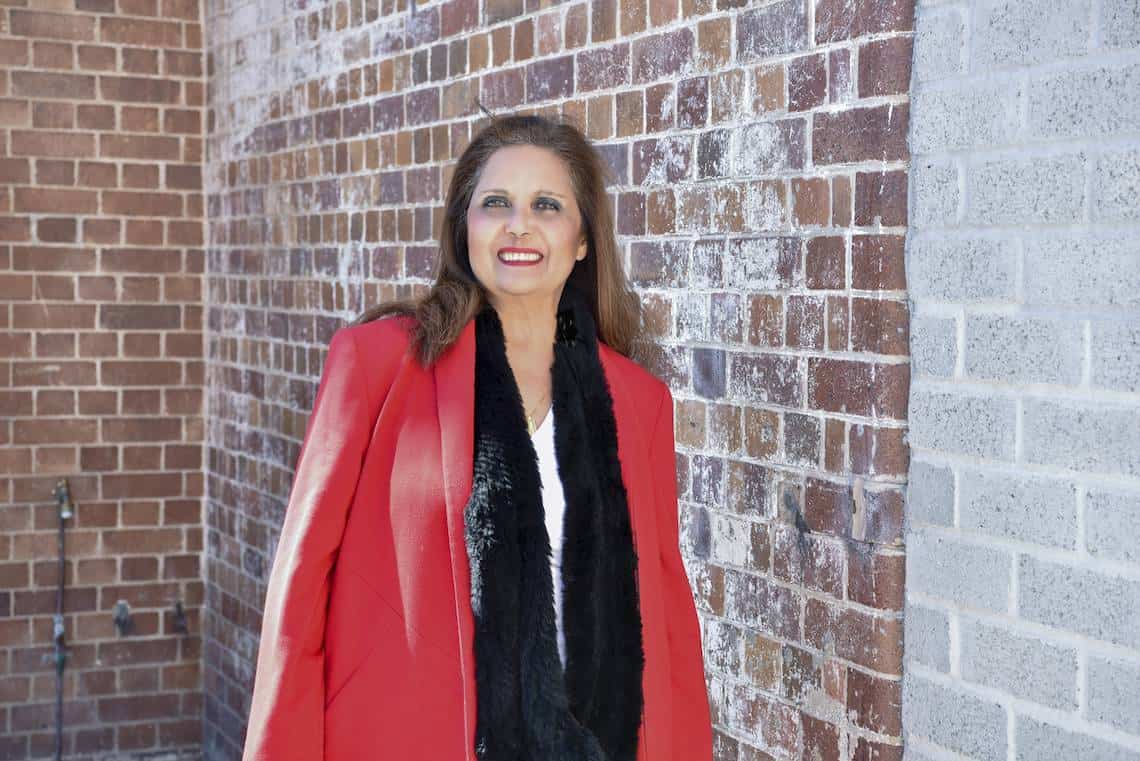
Mariam Elliott, Managing Director, Middle East Connect & Cultural Advisors
Managing Director of Middle East Connect & Cultural Advisors, Mariam Elliott, has deep expertise and lived experience dealing with communities across Arab communities including in the Arab Gulf, the Middle East and North Africa region. Her vast professional experience as an interpreter and cross-cultural advisor has led Mariam to a varied and interesting career, from 1970s London to now providing specialist services in translating and interpreting Arabic, as well as connecting Australian business people to the people of the Arab Gulf.
Exuding a warmth and wisdom that underpins her interactions, Mariam is a consummate facilitator who skillfully manages both the business and social process with ease to create genuine and lasting connections.
What should people be culturally aware of when dealing with various Arab communities?
It depends on the country you are visiting, some are stricter than others, for example, Saudi Arabia, and some are more modern, such as Morocco, Tunisia, Egypt and Sudan.
I would generally recommend the following as the basics of courtesy and etiquette:
- It would help if you always were courteous and respectful to older people.
- You must always address people by their titles.
You always address Royalty as;
- Your/his/her Royal Highness,
- His Excellency, Her Excellency, Prince (name) Princess (name).
When you address someone who holds a high position before you get to know them well or until they ask you to, you address them as Mr (first name) or “Sayed” (first name). Sayed is Mr in Arabic.
- Don’t shake hands with a woman unless she extends her hand first.
- Don’t stare at a woman when talking to her.
- You must not talk about two subjects: religion and politics.
- Do not consume alcohol in the presence of your Arab Muslim host or in public.
- It’s polite not to consume pork if you are in a restaurant with your host.
What are some of the significant developments or events happening in the MENA region over the next few years which could be opportunities for Australian businesses?
There is a great deal of infrastructure development and construction across the region as the various nations begin to transition from dependency on petrochemical and oil exports. This opens up opportunities in a range of new industries from tourism to technology.
- Egypt is building a new settlement, New Hope City, that will house 7 million people
- Saudi Arabia is developing a futuristic and sustainable 10,000-square-mile new city called NEOM.
- The United Arab of Emirates is continually developing new economic sectors, including trade, banking, and education.
- Qatar is hosting the 2022 FIFA football World Cup and this will attract significant international attention.
- Sudan is ready for business investors after years of civil unrest.
- Oman has opened its doors for Australian businesses.
What are some of the changes you have seen in Arab countries since the 1970s through your work as an interpreter?
The ’70s seems like a long time ago. Still, it is a short time for countries such as the member nations of the Gulf Cooperation Council (GCC) where, in the past, time has seemed to move very slowly. Many countries have changed over the last 50 years. They have gone from being just empty deserts to looking like any country in the Western world. The MENA region has embraced many aspects of Western development, from technology to buildings to education facilities, and even in some ways to a cultural shift.
How have you worked with your translation and interpreter community to provide services to projects?
I have been working as an Arabic interpreter and a cultural consultant for the past four decades, gaining international and Australian-wide experience. So, this long experience in the field has helped me.
This year I was lucky enough to work with Femeconomy in a webinar series for the Australian-ASEAN Women Owned Business Roundtables. I have provided the Lao and Vietnamese interpreters and translators to whom I was very proud of their professionalism. Thank you Femeconomy for your continued support.
I am very picky with trying my very best to pick the best! Lol, I have seen “The good”, “The bad”, and “The ugly”, and in saying that, I have got to know and trust my interpreters and translators.
Being a committee member of The Australian Institute of Interpreters and Translators helps me to know who in the profession is suitable for the particular job at hand.
For my clients and for me, we need to trust and have faith that the interpreter will relay the message and information in the same language/dialect and, most importantly, be culturally understood and accepted.
My background in languages and leadership, means that I can bring an intelligent, focused, yet relaxed approach to managing business and helping clients adopt the best approach to their MENA business ventures. At the same time, I always make sure that my staff are highly qualified and NAATI certified translators, freelancers and interpreters.
I love helping my clients to form productive and profitable relationships between Australian business leaders and their counterparts in the Arab Gulf, the Middle East and North Africa region.
Reproduced with permission from Femeconomy.com
